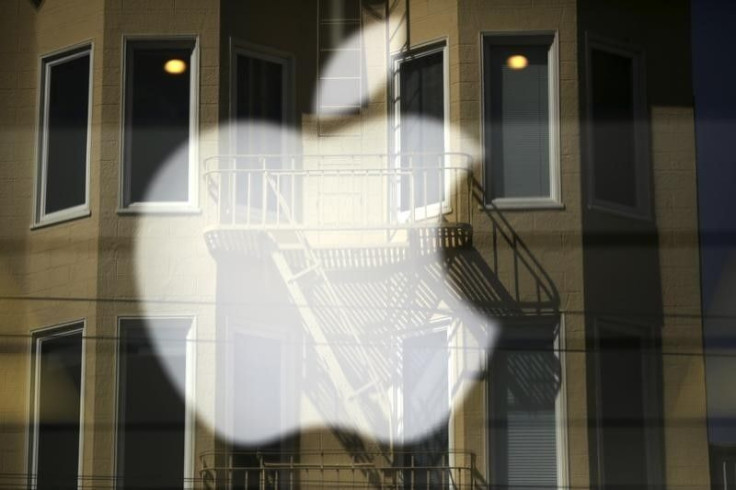iPhone 7 Release Date Update: 3 Specs & Features For 2015 Rollout Revealed So Far

Even as the iPhone 7 release date will not happen until later this 2015, specs and features of the upcoming device are beginning to shape up. In the latest batch of predictions and supply chain chatters, at least three specs and features of the next iPhone are coming into light.
Ming-chi Kuo of KGI Securities has a new forecast following his earlier declaration that from the iPhone 6S, Apple fans can instead expect the iPhone 7 rollout this year. Kuo said in a new research note that an A9 application processor is the might behind the 2015 iOS flagship phone, Apple Insider said in a report. And the chip will be jointly mass produce by Samsung and Taiwan Semiconductor Manufacturing Company or TSMC, the analyst added.
From Asia, Force Touch again surfaced as one of the likely features that the iPhone 7 will unpack. It should be noted that the inclusion of the same feature to the next iPhone was the reason the 6S is being bypassed, Kuo had earlier revealed.
As for the iPhone 7 casing, MacRumors is saying in a report that the device shell will be made of aluminium alloy that is tougher and lighter than what covered the iPhone 6. In effect, the successor to last year’s flagship is more robust than ever but not necessarily heavier thanks to its housing material, the report added.
A9 chip from 2 sources
Earlier this year, Apple is reported to partner with Samsung for the bulk of the 64-bit A9 application processor that will power the replacement to the iPhone 6. To help Samsung fulfil the giant Apple contract is GlobalFoundries.
Kuo, however, is reporting that TSMC, which supplied the A8 chips in iPhone 6 last year, is joining the iPhone supply chain. The Taiwanese chipmaker is being tapped for two reasons: GlobalFoundries is not meeting yield expectations and Samsung is experiencing supply shortage on its 14-nanometre chip.
By this time of the year, A9 volume production should have been at the 50 per cent mark but the best that GlobalFoundries can do is 30 per cent so TSMC is called in, rather late in the game, to fill in the gap. Samsung, on the other hand, is running short on supplies of 14nm chip and the company has the Galaxy S6 and S6 Edge to blame. The devices are selling very well, exceeding expectations, which would force Samsung to rechannel delivery to its Galaxy division, Kuo said.
Force Touch as Apple device standard
Force Touch sensor has been widely reported as one of the banner iPhone 7 features and a new DigiTimes report is confirming this. In fact, the feature is becoming an Apple standard – already on the Apple Watch and the new MacBook – that the next iPhone boasting of its capabilities is all but confirmed, the report added.
Series 7000 aluminium alloy
Lastly, the iPhone maker is making sure that its upcoming flagship will be more durable than the last build. The iPhone 7, according to MacRumors, will be wrapped in material called Series 7000 aluminium alloy that promises robust protection not found on the iPhone 6. The report pointed to Chinese-language Economic Daily News as source.
The material is already in use with the Apple Watch Sports edition and per Apple, it is 60 per cent more robust than most aluminium alloys and is over 33 per cent denser compared to stainless steel. With the new alloy, the next iPhone is expected to better withstand all sorts of stress test coming its way.
The iPhone 7 release date, like in the previous years, will happen in the last months of 2015. The earliest possible outing is September or right before the onset of the year’s holiday season.
To report problems or leave feedback on this article, email: r.pineda@ibtimes.com.au.






